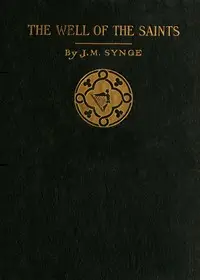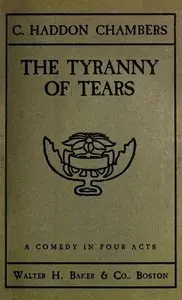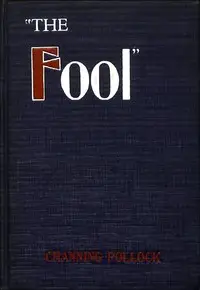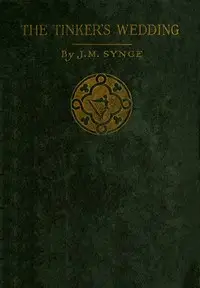"The Well of the Saints: A Comedy in Three Acts" by J. M. Synge is a comedic play set during the Irish Literary Revival that uses wit and lyrical language to look at how we see ourselves and what we think is beautiful. The story is about Martin and Mary Doul, a blind couple whose lives change when a Saint gives them sight. Suddenly able to see, they realize they are not as attractive as they thought, throwing their relationship into chaos and making them question what truly makes them happy. Martin becomes unhappy with Mary, and their journey shows how tricky beauty, how we see things, and what society expects of us can be.

The Well of the Saints: A Comedy in Three Acts
By J. M. (John Millington) Synge
Two blind beggars gain their sight only to discover a world of disillusionment, challenging their love and forcing them to question the true meaning of happiness.
Summary
About the AuthorEdmund John Millington Synge was an Irish playwright, poet, writer, collector of folklore, and a key figure in the Irish Literary Revival. His best-known play The Playboy of the Western World was poorly received, due to its bleak ending, depiction of Irish peasants, and idealisation of patricide, leading to hostile audience reactions and riots in Dublin during its opening run at the Abbey Theatre, which he had co-founded with W. B. Yeats and Lady Gregory. His other major works include In the Shadow of the Glen (1903), Riders to the Sea (1904), The Well of the Saints (1905), and The Tinker's Wedding (1909).
Edmund John Millington Synge was an Irish playwright, poet, writer, collector of folklore, and a key figure in the Irish Literary Revival. His best-known play The Playboy of the Western World was poorly received, due to its bleak ending, depiction of Irish peasants, and idealisation of patricide, leading to hostile audience reactions and riots in Dublin during its opening run at the Abbey Theatre, which he had co-founded with W. B. Yeats and Lady Gregory. His other major works include In the Shadow of the Glen (1903), Riders to the Sea (1904), The Well of the Saints (1905), and The Tinker's Wedding (1909).













